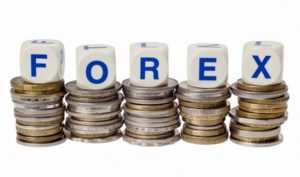Top 7 Questions About Currency Trading Answered

Currency trading has grown significantly in the last few years, going from being the domain of large financial institutions to being something that individuals are involved in. Here we will look at some of the top questions about currency trading.
- What is the difference between the forex market and other markets?
Forex traders trade based on credit agreements with no regulated exchange. As opposed to stocks, futures or options, there is no central governing body, no clearing houses to guarantee trades and no adjudication process for disputes. Because forex traders are competing and cooperating with each other, this works to maintain control in the market.
- How risky is forex trading?
Forex involves risk just like any other form of trading. There can be sharp fluctuation like in any market, although because the forex market is particularly liquid in nature, it poses less liquidity risk, although that increases around major events.
- Is there a commission in currency trading?
Forex is a principals-only market and forex companies are dealers, not brokers and therefore they do not charge a commission.
- Can you trade currency you don’t have?
When you are currency trading, you are not really buying or selling anything. The currency market is purely speculative with no physical exchange of currencies; however, while the trades are all computer entries, they are still real.
- Can an individual compete with the big banks when it comes to currency trading?
The most important thing is to be prepared. Some traders use fundamental analysis, while others use technical analysis. By using one or both of these strategies, and gathering as much information as possible, you can be successful.
- Why choose forex trading over other markets?
There are a number of advantages that appeal to traders. It is accessible 24/5, it is highly liquid, there is global exposure and investors can access more leverage.
- Which currencies are traded?
There are some exotic pairs, but the majority of trades are between the four majors – EUR/USD, USD/JPY, GBP/USD and USD/CHF and the three commodity pairs – AUD/USD, USD/CAD and NZD/USD.




